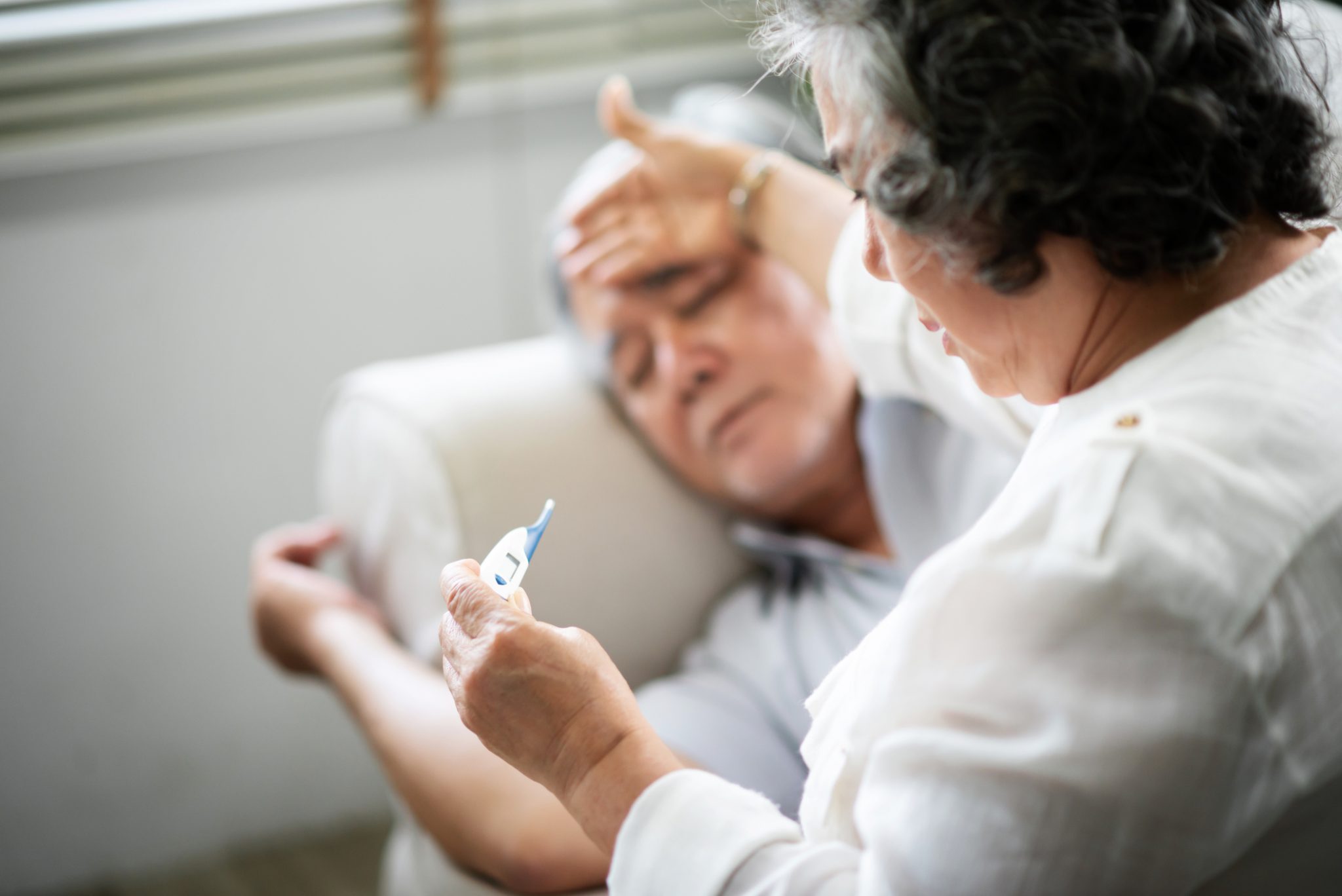

If one of your family members or housemates is diagnosed, there are certain measures you should take to help them get healthy while protecting yourself from getting sick.
Things to Consider
The first step in caring for someone with COVID-19 is preparation. Consider these important questions:
- Does this person have support from an appropriate caregiver? (Someone at low risk of being severely impacted by the virus).
- Is there a separate bedroom where the patient can recover without sharing immediate space with others?
- Do they have access to food and other necessities?
- Does the patient and other household members have access to appropriate, recommended personal protective equipment (at a minimum, gloves and facemask)?
- Is the patient and caregiver capable of adhering to precautions recommended as part of home care or isolation (for example, respiratory hygiene, cough etiquette and hand hygiene)?
- Are there household members who may be at increased risk of complications from COVID-19 infection (such as people age 65+ and those with co-morbidities)?
Steps to take
Restrict activities for everyone in the household, except for getting medical care. Don’t go to work or school. Don’t spend time in public areas or use public transportation.
Allow the patient to rest and help them remain hydrated.
As much as possible, keep the patient away from people even in your own home, including using a separate bathroom and sleeping in a separate bedroom.
Have the patient wear a surgical face mask to cover their coughs and sneezes and wear one as well if you are in close proximity to the patient. Dispose of face masks and tissues in a lined trash can after use.
Wash hands often for at least 20 seconds, using soap and water. If soap and water aren't available and your hands are not visibly dirty, use a hand sanitizer that contains at least 60% alcohol. However, if your hands are visibly dirty, always wash your hands with soap and water.
Avoid sharing personal household items.
Monitor symptoms regularly and contact a doctor immediately if you believe you may be infected.
Clean all high-touch surfaces daily.
If you are unable to give the patient the help they need to get healthy and their condition worsens, call their primary care physician for guidance on next steps.